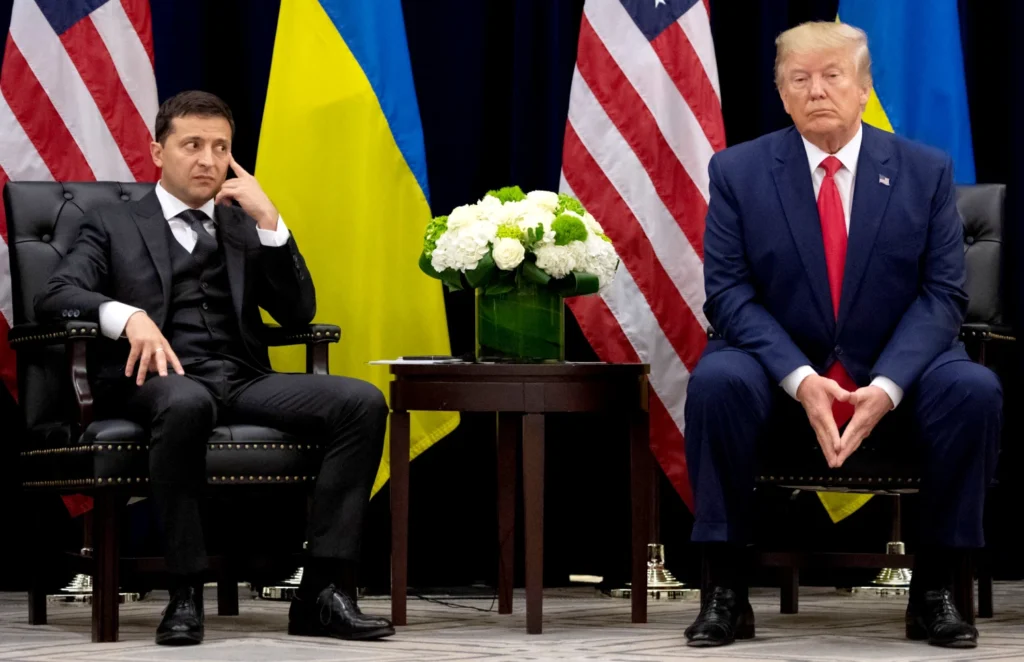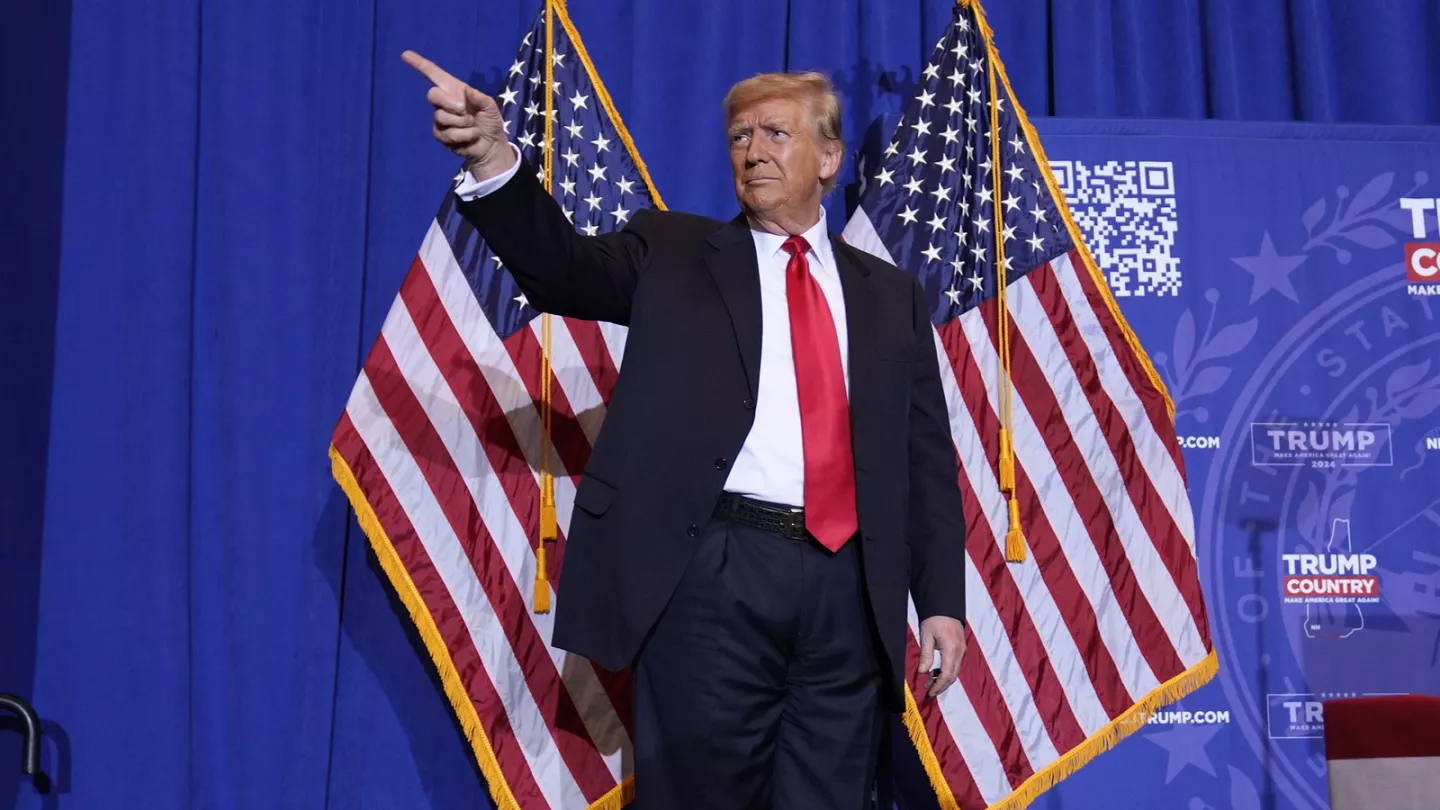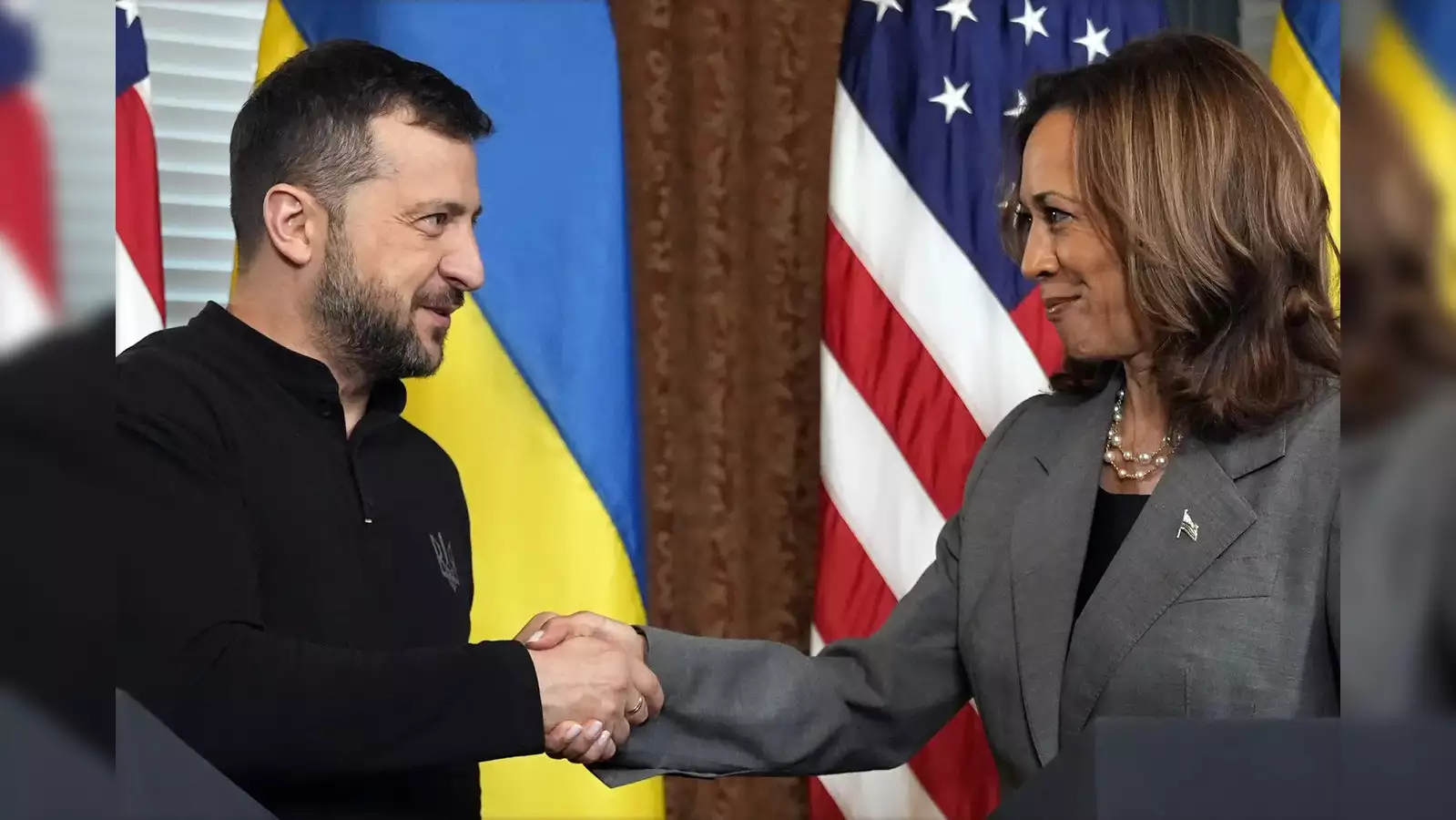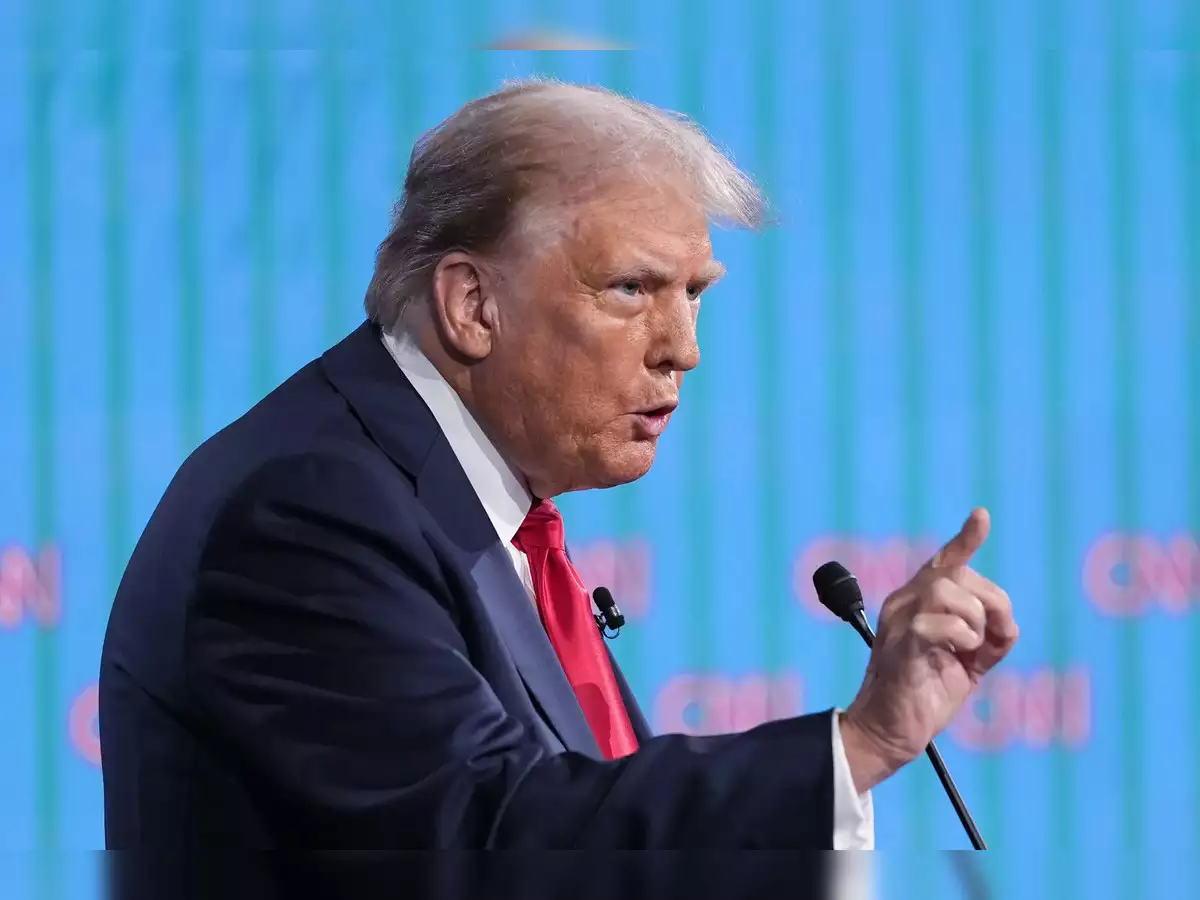
As President-elect Donald Trump steps into office, his call for swift peace negotiations between Russia and Ukraine is being met with a cautiously optimistic reception from Ukraine’s European allies. These nations, grappling with the prolonged conflict’s escalating stakes, are increasingly aligned with Trump’s proposal despite initial reservations. This shift comes at a critical juncture where the reality of war’s wear on Ukraine becomes undeniable, with European capitals starting to contemplate the consequences of a reduced U.S. financial commitment to Kyiv under Trump’s administration.

European Concerns and Strategic Calculations
European leaders, once apprehensive about Trump’s eagerness to negotiate with Russia, now recognize the necessity of exploring diplomatic avenues. The concern, however, lies in ensuring that Ukraine retains significant influence over the terms of any potential agreement. Amidst these diplomatic recalibrations, the specter of Russian advances casts a long shadow over Ukraine’s diminishing military resources, prompting a reevaluation of strategies that might include controversial territorial concessions.
In recent dialogues, such as German Chancellor Olaf Scholz’s conversation with Russian President Vladimir Putin, European leaders have underscored the urgency of returning to the negotiation table. This diplomatic outreach, signaling a thaw in direct communications with Russia, aims to forge a path toward a sustainable peace, though not without profound reservations about the potential compromises required.
The Ukrainian Perspective: Resilience Amidst Realpolitik
Amidst these international maneuvers, Ukrainian President Volodymyr Zelensky maintains a facade of stoicism, championing the enduring spirit of Ukrainian resistance. Zelensky’s strategic disclosures, often framed with cautious optimism about U.S. support, belie a deep-seated anxiety about the geopolitical implications of negotiations under Trump’s oversight. His administration continues to advocate for the liberation of territories currently under Russian control, despite the shifting sands of public opinion within Ukraine itself.

Polls within Ukraine show a reluctant but growing acceptance that some territorial sacrifices might be inevitable for peace and sovereignty preservation. Zelensky’s “victory plan,” laid out in Western capitals, calls for continued military aid to deter future Russian aggression, underscoring his commitment to a resolution that prevents any temporary ceasefire that might advantage Moscow strategically.
European Unity and the Path Forward
The broader European response to Trump’s proposed shift in strategy reveals a complex tapestry of support and skepticism. While countries like Poland and the Baltic states remain firmly in favor of unwavering support for Ukraine, others, led by voices like French President Emmanuel Macron and Italian Prime Minister Giorgia Meloni, express caution over Europe’s capacity to sustain Ukraine militarily and economically should U.S. support wane.
Moreover, the dialogue around Ukraine’s future and its potential non-alignment with NATO features prominently in discussions, reflecting a profound concern over the security architecture of Europe post-conflict. The consensus leans towards a dire need for a durable peace that does not compromise Ukrainian sovereignty or European stability.

As Trump prepares to assume the presidency, the intricate dance of diplomacy continues, with European leaders poised to influence the contours of the forthcoming peace talks. The overarching goal remains clear: achieving a peace that respects Ukraine’s territorial integrity and deters future conflicts without ceding too much ground to Russian demands. However, the real test lies in the execution of these diplomatic efforts, ensuring they do not inadvertently embolden Moscow at a time when Europe’s security landscape hangs in the balance.
